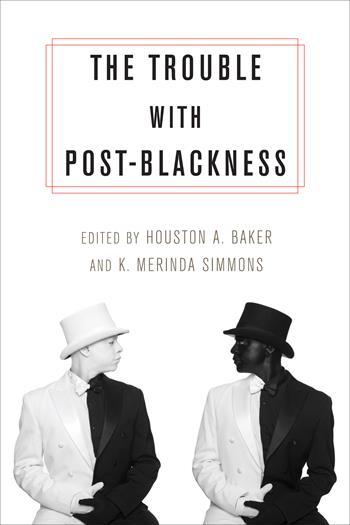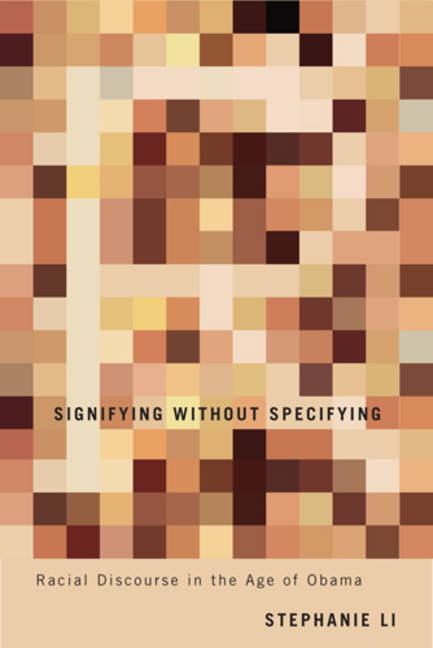The Trouble with Post-BlacknessPosted in Anthologies, Barack Obama, Books, Media Archive, Philosophy, Politics/Public Policy, Social Science, United States on 2016-08-25 21:25Z by Steven |
The Trouble with Post-Blackness
Columbia University Press
February 2015
288 pages
Paperback ISBN: 9780231169356
Hardcover ISBN: 9780231169349
E-book ISBN: 9780231538503
Edited by:
Houston A. Baker, Distinguished University Professor
Vanderbilt University, Nashville, Tennessee
K. Merinda Simmons, Associate Professor of Religious Studies
University of Alabama
An America in which the color of one’s skin no longer matters would be unprecedented. With the election of President Barack Obama in 2008, that future suddenly seemed possible. Obama’s rise reflects a nation of fluid populations and fortunes, a society in which a biracial individual could be embraced as a leader by all. Yet complicating this vision are shifting demographics, rapid redefinitions of race, and the instant invention of brands, trends, and identities that determine how we think about ourselves and the place of others.
This collection of original essays confronts the premise, advanced by black intellectuals, that the Obama administration marked the start of a “post-racial” era in the United States. While the “transcendent” and post-racial black elite declare victory over America’s longstanding codes of racial exclusion and racist violence, their evidence relies largely on their own salaries and celebrity. These essays strike at the certainty of those who insist life, liberty, and the pursuit of happiness are now independent of skin color and race in America. They argue, signify, and testify that “post-blackness” is a problematic mythology masquerading as fact—a dangerous new “race science” motivated by black transcendentalist individualism. Through rigorous analysis, these essays expose the idea of a post-racial nation as a pleasurable entitlement for a black elite, enabling them to reject the ethics and urgency of improving the well-being of the black majority.
Table of Contents
- Acknowledgments
- Introduction: The Dubious Stage of Post-Blackness—Performing Otherness, Conserving Dominance, by K. Merinda Simmons
- 1. What Was Is: The Time and Space of Entanglement Erased by Post-Blackness, by Margo Natalie Crawford
- 2. Black Literary Writers and Post-Blackness, by Stephanie Li
- 3. African Diasporic Blackness Out of Line: Trouble for “Post-Black” African Americanism, by Greg Thomas
- 4. Fear of a Performative Planet: Troubling the Concept of “Post-Blackness”, by Rone Shavers
- 5. E-Raced: #Touré, Twitter, and Trayvon, by Riché Richardson
- 6. Post-Blackness and All of the Black Americas, by Heather D. Russell
- 7. Embodying Africa: Roots-Seekers and the Politics of Blackness, by Bayo Holsey
- 8. “The world is a ghetto”: Post-Racial America(s) and the Apocalypse, by Patrice Rankine
- 9. The Long Road Home, by Erin Aubry Kaplan
- 10. Half as Good, by John L. Jackson Jr.
- 11. “Whither Now and Why”: Content Mastery and Pedagogy—a Critique and a Challenge, by Dana A. Williams
- 12. Fallacies of the Post-Race Presidency, by Ishmael Reed
- 13. Thirteen Ways of Looking at Post-Blackness (after Wallace Stevens), by Emily Raboteau
- Conclusion: Why the Lega Mask Has Many Mouths and Multiple Eyes, by Houston A. Baker Jr.
- List of Contributors
- Index

